-
How the cosmic microwave background proves the Big Bang
 Less than a century ago, we had many different ideas for what the history of our Universe looked like, but shockingly little evidence available to decide the issue. Hypotheses included suggestions that our Universe:
Less than a century ago, we had many different ideas for what the history of our Universe looked like, but shockingly little evidence available to decide the issue. Hypotheses included suggestions that our Universe:
That last example corresponds to what we know today as the hot Big Bang, while all the other challengers (including newer ones not mentioned here) have fallen by the wayside. Since the mid-1960s, in fact, no other explanation has held up to the observations. Why is that? That’s the inquiry of Roger Brewis, who would like some information about the following:
Continued here -
Do you try to avoid your boss? For Isaiah Berlin that's a big problem
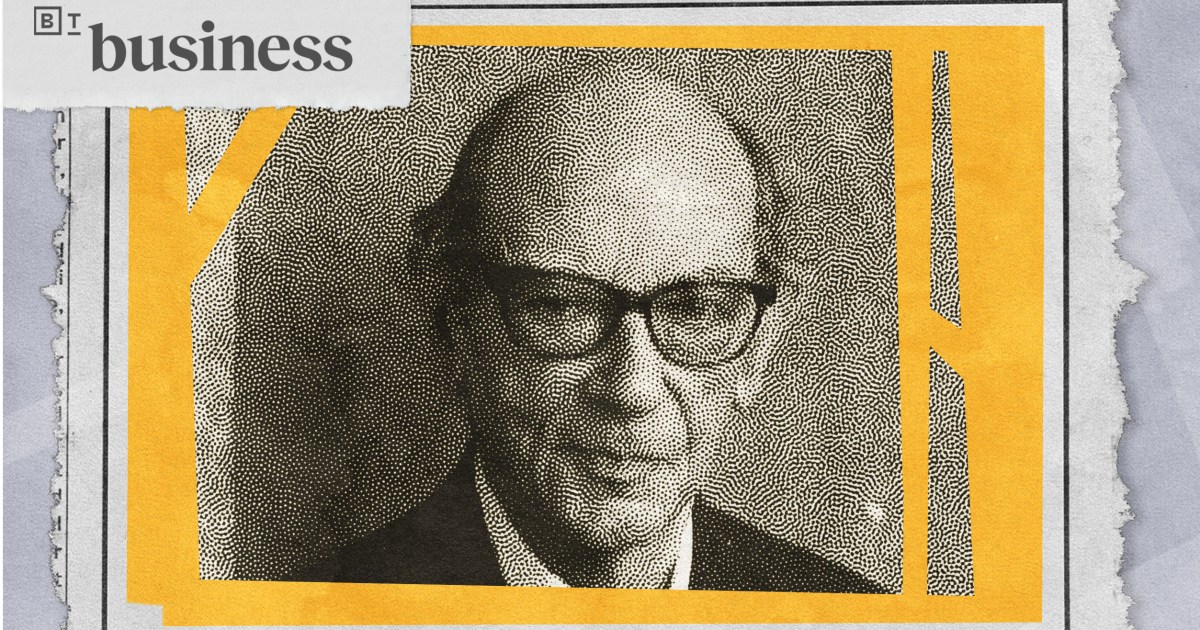 Every now and then, I fantasize about the end of the world. I imagine what it would be like if it were just me left (and a few loved ones, I suppose). I run through all the fun to be had — the fast cars I’d drive, the mansions I’d commandeer, and the luxury clothes I’d wear. There’d be no need to go to work, no need to worry about money, and no need to navigate the delicate waltz that is social nicety. My imagination drifts into the contented liberation of apocalyptica.
Every now and then, I fantasize about the end of the world. I imagine what it would be like if it were just me left (and a few loved ones, I suppose). I run through all the fun to be had — the fast cars I’d drive, the mansions I’d commandeer, and the luxury clothes I’d wear. There’d be no need to go to work, no need to worry about money, and no need to navigate the delicate waltz that is social nicety. My imagination drifts into the contented liberation of apocalyptica.
But, after a while, I know things would grow stale. I’d be free from the constraints of certain things, but not free to do others. There are no laws or expectations, and nothing more than that either. It’s a good way to understand 20th-century theorist Isaiah Berlin’s positive and negative freedom. Learning about Berlin’s distinction not only reveals an important philosophy; it’s also a great way to understand human flourishing more broadly in every walk of life.
Continued here -
Everyday Philosophy: "Should I disinvite my bigoted friend from group trips?"
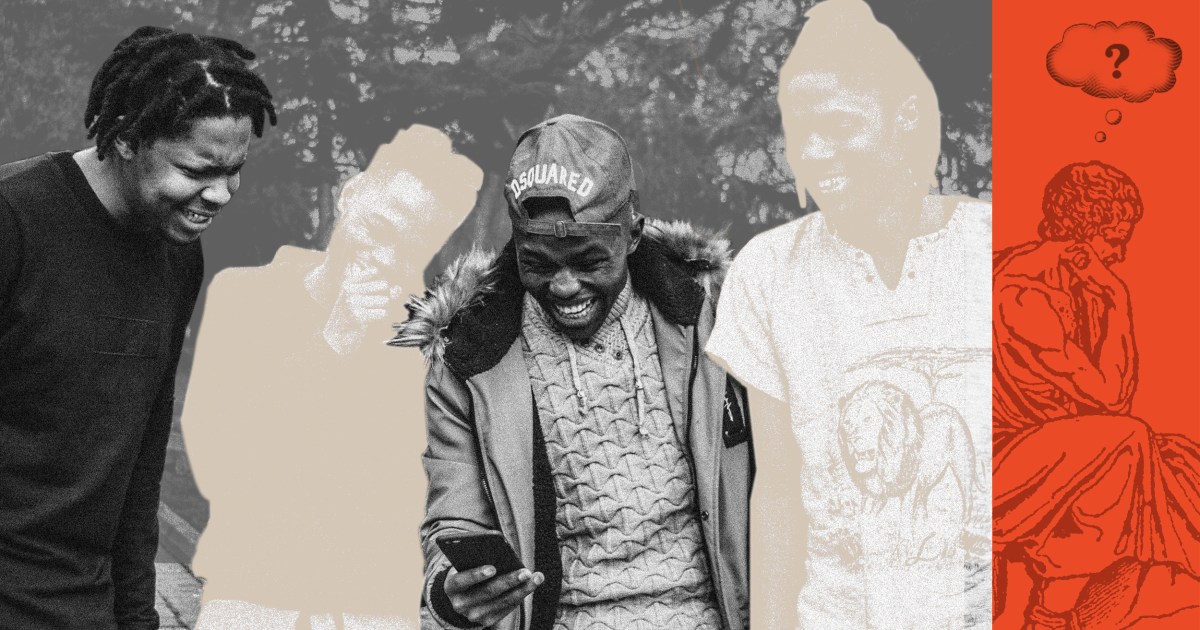 I have a group of cycling friends and we all go mountain biking together away about twice a year. I get on well with everyone apart from [one guy], who recently ruined the last trip for me by being antagonistic. He’s an ex-soldier and holds very right-wing views. I’m very liberal. Mike knows this and all through the weekend he kept saying slightly bigoted things about gay and trans folks and about migrants within earshot of me, trying to get me to bite. I didn’t but it did piss me off and marred the whole weekend. Can I politely exclude Mike from future trips because I enjoy the company of everyone else?
I have a group of cycling friends and we all go mountain biking together away about twice a year. I get on well with everyone apart from [one guy], who recently ruined the last trip for me by being antagonistic. He’s an ex-soldier and holds very right-wing views. I’m very liberal. Mike knows this and all through the weekend he kept saying slightly bigoted things about gay and trans folks and about migrants within earshot of me, trying to get me to bite. I didn’t but it did piss me off and marred the whole weekend. Can I politely exclude Mike from future trips because I enjoy the company of everyone else?
I think we’ve all been here, Mike. I’m not one for biking holidays, but I’ve had my fair share of family get-togethers, school reunions, and office parties where “slightly bigoted things” have “marred the whole weekend.”
Continued here -
How we all got into debt
 Student loans continue to burden adults decades after they’ve left school, and credit card debt haunts many Americans. On the flip side, many of us make leveraged investments in our homes, taking out mortgages to buy houses that we expect to appreciate in value. In other words, debt structures American lives in myriad ways. But, as historian Louis Hyman writes, this is a relatively new thing.
Student loans continue to burden adults decades after they’ve left school, and credit card debt haunts many Americans. On the flip side, many of us make leveraged investments in our homes, taking out mortgages to buy houses that we expect to appreciate in value. In other words, debt structures American lives in myriad ways. But, as historian Louis Hyman writes, this is a relatively new thing.
In the nineteenth century, Hyman points out, if an individual needed credit, they turned to friends, loan sharks, or local merchants. For corner grocers and country stores, these loans were money-losing propositions with no interest charged. Any institution with a lot of money lent it not to consumers but to businesses.
Continued here -
Philosopher Nick Bostrom's predictions on life in an AI utopia
 In 1954, psychologist Muzafer Sherif engineered a tribal war between two groups of 11-year-old boys in two camps inside Robbers Cave State Park, Oklahoma. They were given tasks, rewards, and objectives — the kind of thing that would be prime-time reality TV these days. Before long, the two camps had established tribal identities. They had their own culture, norms, and behavioral standards. They were The Eagles and The Rattlers. And, other than a few insults and scowls, the two camps lived in peace.
In 1954, psychologist Muzafer Sherif engineered a tribal war between two groups of 11-year-old boys in two camps inside Robbers Cave State Park, Oklahoma. They were given tasks, rewards, and objectives — the kind of thing that would be prime-time reality TV these days. Before long, the two camps had established tribal identities. They had their own culture, norms, and behavioral standards. They were The Eagles and The Rattlers. And, other than a few insults and scowls, the two camps lived in peace.
But after five days, Sherif upped the game. He had the two groups compete for food. He limited their resources. It was a fist-swinging, curse-hurling, dust cloud of a mess. When a few punches landed, the adult researchers had to step in, adults with notebooks holding back furious Eagles and violent Rattlers.
Continued here -
The 6 Best Small Business Week Deals for Entrepreneurs
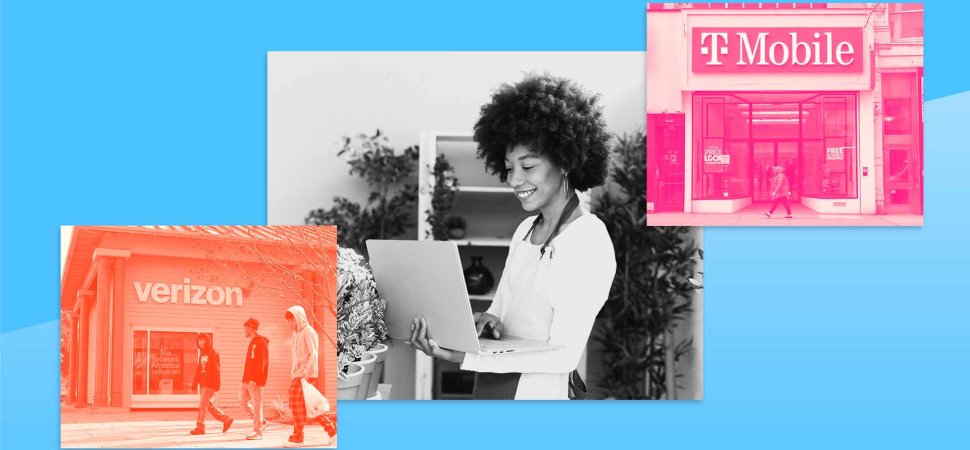 Spanning from April 28 to May 4, Small Business Week is a celebration of American entrepreneurs hosted by the Small Business Administration. The event provides small businesses visibility and highlights how these companies have impacted their local communities. Founders can participate in the SBA's free virtual summit from April 30 to May 1 with Zoom sessions hosted by companies like Visa, T-Mobile and Amazon.Â
Spanning from April 28 to May 4, Small Business Week is a celebration of American entrepreneurs hosted by the Small Business Administration. The event provides small businesses visibility and highlights how these companies have impacted their local communities. Founders can participate in the SBA's free virtual summit from April 30 to May 1 with Zoom sessions hosted by companies like Visa, T-Mobile and Amazon.Â
Businesses looking to expand their phone plans can take advantage of T-Mobile's new "Business Unlimited Package." The deal offers phone lines at $45 monthly with a minimum of six lines. For Small Business Week, new small businesses using this package can add 10 or more lines to get a credit of $1,000 via 36-monthly bill credits. Businesses also have the option to earn up to $1,000 via 24-monthly bill credits and use it for any new smartphone per line when they add 10 lines.Â
Continued here -
Legal Ban on Worker Noncompetes Faces Uphill Battle
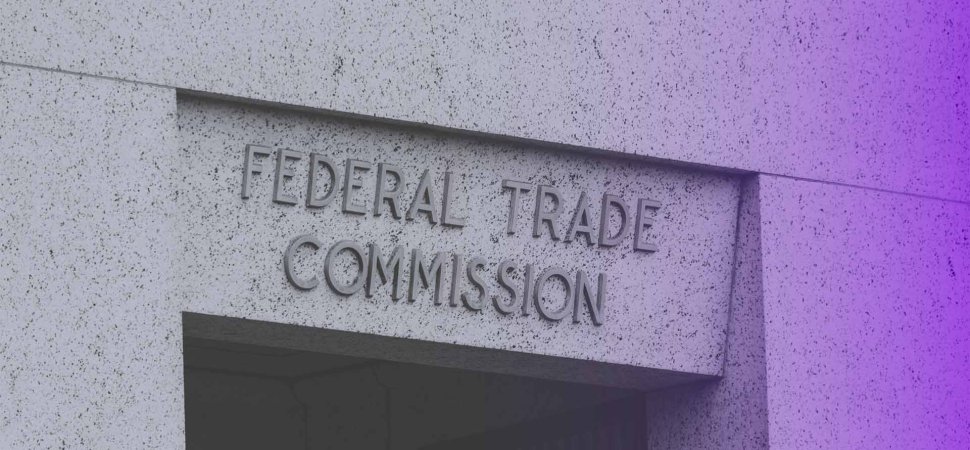 The U.S. Federal Trade Commission's ban on "noncompete" agreements commonly signed by workers is likely vulnerable to legal challenges, experts said, as some courts have grown increasingly skeptical of federal agencies' power to adopt broad rules.Â
The U.S. Federal Trade Commission's ban on "noncompete" agreements commonly signed by workers is likely vulnerable to legal challenges, experts said, as some courts have grown increasingly skeptical of federal agencies' power to adopt broad rules.Â
The commission in unveiling the rule on Tuesday said agreements not to join employers' competitors or launch rival businesses suppress workers' wages and stunt their mobility and job opportunities. About 30 million people, or 20 percent of U.S. workers, have signed noncompetes, the agency said.Â
Continued here -
Tesla's Plan for Lower-Priced Models Takes a Page From Detroit's Past Strategies
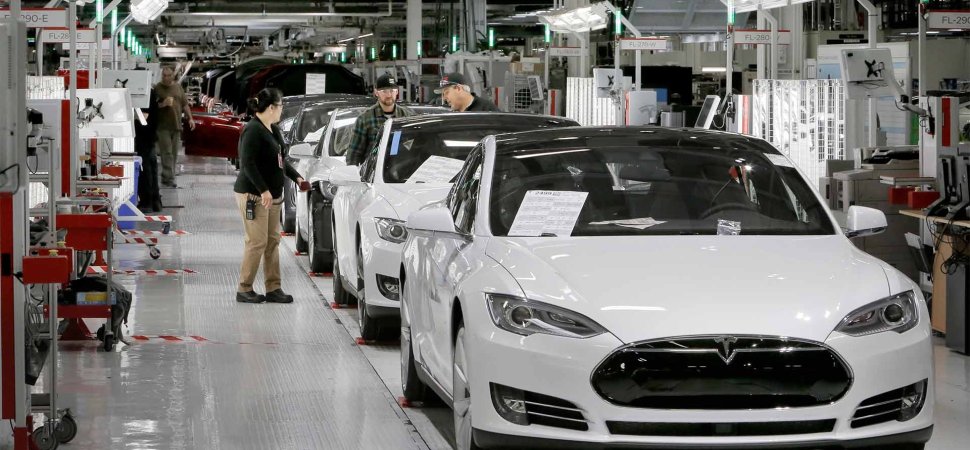 Elon Musk's new plan to use current product lines as the basis for new affordable vehicles--rather than springing for all-new models--follows the playbook of Tesla's old-school Detroit rivals, as some Tesla investors and analysts see it.
Elon Musk's new plan to use current product lines as the basis for new affordable vehicles--rather than springing for all-new models--follows the playbook of Tesla's old-school Detroit rivals, as some Tesla investors and analysts see it.
The shift toward incremental improvement, mirroring a common strategy of Ford and General Motors, suggests the future of car-making that Musk has promised to disrupt may still look a lot like the past.
Continued here -
Moderna's CEO Says Staff Should Consult ChatGPT 20 Times a Day
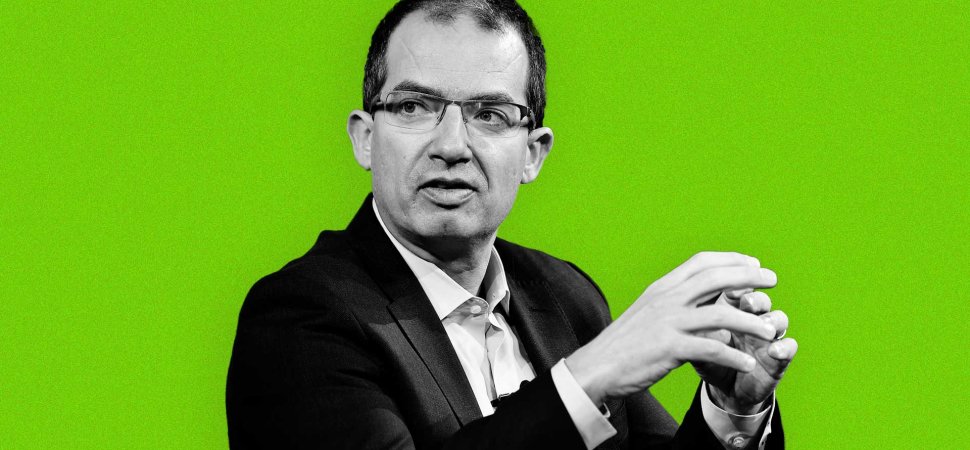 OpenAI is seemingly everywhere now--its ChatGPT system is in the vanguard of bringing AI to the masses. It's also laced through the workings of pharma giant Moderna, thanks to a deal weaving OpenAI tech deeply into the fabric of the company. So much so that Moderna CEO Stéphane Bancel says his staff should be making the most of the investment in AI and using it a lot.
OpenAI is seemingly everywhere now--its ChatGPT system is in the vanguard of bringing AI to the masses. It's also laced through the workings of pharma giant Moderna, thanks to a deal weaving OpenAI tech deeply into the fabric of the company. So much so that Moderna CEO Stéphane Bancel says his staff should be making the most of the investment in AI and using it a lot.
Assuming a typical eight-hour workday, that means Bancel expects his staff to ask OpenAI's chatbots questions at least two, maybe three times every hour--an AI interaction rate that could easily, with some back-of-the-napkin estimates, eat up 10 to 15 minutes of work time each work hour. Maybe more.
Continued here -
How This Small Business Hit $1 Million in Revenue With a Simple Service: Kids' Gym Class
 He thought his kids' schools didn't have effective resources for teaching PE online--in fact, those resources didn't seem to exist at all. Instead, the schools had a patchwork of YouTube videos and online curricula, but nothing like the online resources that had been developed for academic subjects.
He thought his kids' schools didn't have effective resources for teaching PE online--in fact, those resources didn't seem to exist at all. Instead, the schools had a patchwork of YouTube videos and online curricula, but nothing like the online resources that had been developed for academic subjects.
Titus, who was working in finance at the time, spotted an opportunity and in 2020, along with a group of friends and fellow parents, began dreaming up Hiveclass, a company that would provide high-quality sports and PEÂ education over video.
Continued here
Saturday 27th April 2024
Top stories this week